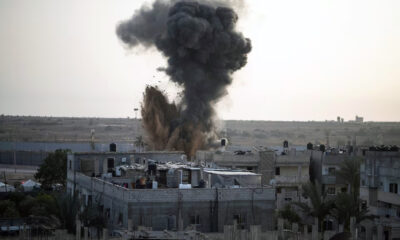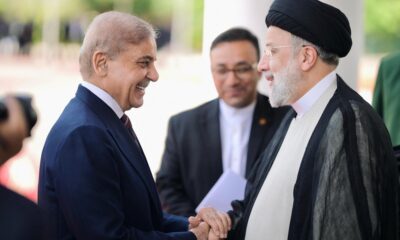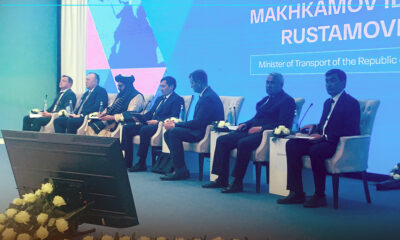Regional
Takhar media reps call on IEA to address the problems of local journalists
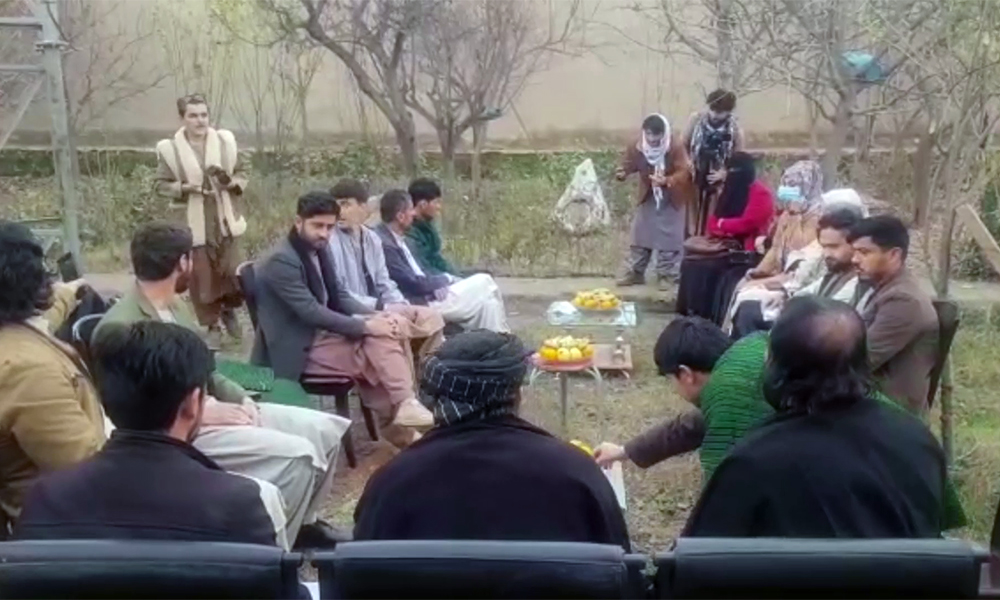
A meeting has been held in Takhar province between local media and Islamic Emirate of Afghanistan (IEA) authorities in the hope of resolving problems journalists have in the province.
According to journalists, media organizations in Takhar are dealing with severe financial problems as well as a general lack of access to information.
A number of journalists and media workers in the province have cited economic problems, lack of support from institutions that support journalists and media, and lack of access to information as the main problems they are dealing with.
In line with this, they have appealed to the local officials and to organizations supporting journalists to resolve the problems.
“We request the United Nations and aid organizations pay serious attention to the issue of information and provide financial support to journalists,” said Sayed Yaseen Dehzad, head of the Council of Journalists in the northeast of the country. A number of female journalists, however, also called for restrictions on them to be lifted so they can return to work.
“Our request is that we want to play a role again in Afghanistan,” said Taman, a female journalist.
Meanwhile, a number of organizations that support the media say that there should be no restrictions on women journalists.
“During the republic regime, more than 35 percent of media workers in Takhar were women, but this is not the case now,” said Sami Khawari, a representative of the journalists’ protection committee for the province.
However, the Directorate of Information and Culture of Takhar has said that until the policy framework for the media has been finalized in Kabul, they are unable to resolve the problems.
“There is still no procedure for women working in the media in this province,” said Ainuddin Motmaen, head of Takhar’s information and culture.
According to the officials, out of 23 media outlets that were operating in the province before the collapse of the former government, only eleven of them are still active.
Regional
Turkey accuses U.S. of double standards over Gaza in rights report
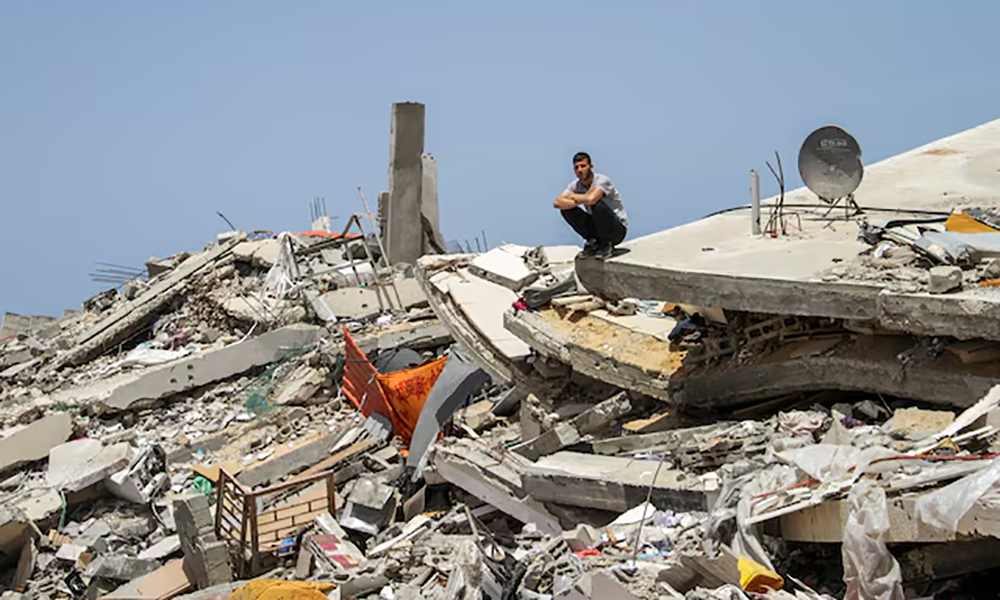
Turkey on Wednesday accused the United States of having a policy of double standards on human rights, saying Washington’s annual rights report failed to reflect Israel’s assaults in Gaza, Reuters reported.
Turkey’s foreign ministry said in a statement it was deeply concerned that the U.S. report did not “duly reflect the ongoing inhumane attacks in Gaza”.
The report was prepared with “political motives, far from impartiality and objectivity”, it said, calling on Washington to cease its “double-standard policy on human rights”.
It also cited U.S. ties with the Syrian Kurdish YPG militia which Ankara deems a terrorist organisation.
Israeli forces have killed more than 34,000 Palestinians in Gaza, according to health authorities there, many of them civilians and children. The enclave has been reduced to a wasteland and extreme food shortages have prompted fears of famine.
Israel launched its assault in response to an attack by the Hamas militant group on Oct. 7 in which Israel says 1,200 people were killed. It denies allegations of deliberately causing humanitarian suffering and targeting civilians.
Turkey has denounced Israel for its campaign in Gaza and called for a ceasefire. It has also criticised Western countries for what it calls their unconditional support of Israel, read the report.
In its report, the U.S. State Department said Israel’s war against Hamas had a “significant negative impact” on the human rights situation in Israel.
On Monday, U.S. Secretary of State AntZony Blinken rejected suggestions that Washington might have double standards over Israel’s record.
Regional
Iranian president lands in Pakistan for three-day visit to mend ties
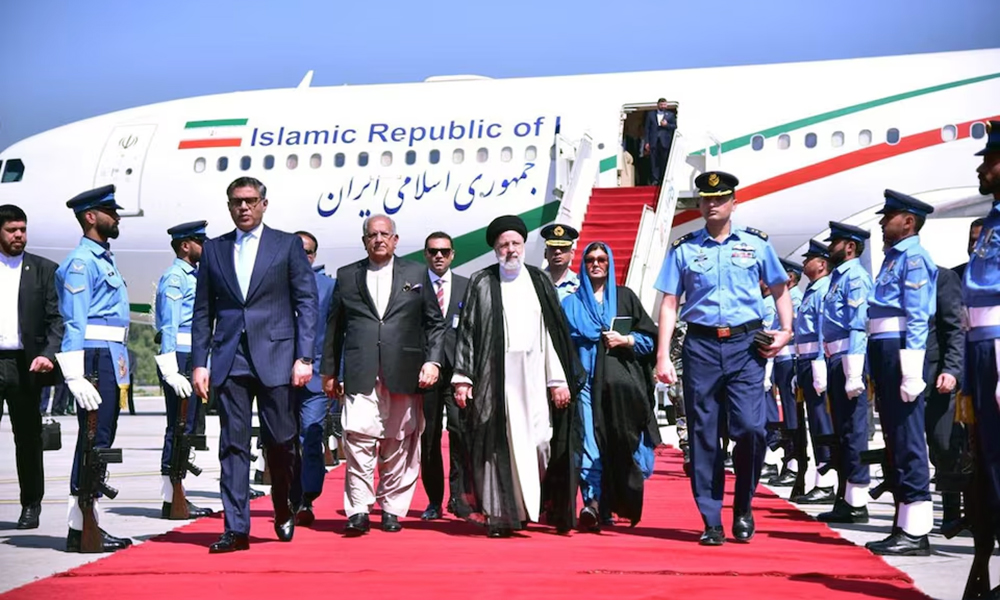
Iranian President Ebrahim Raisi arrived in Islamabad on Monday on a three-day official visit, the foreign office said, amid tight security in the Pakistani capital, Reuters reported.
The visit, which Pakistan’s foreign office said would run until Wednesday, comes as the two Muslim neighbours seek to mend ties after unprecedented tit-for-tat military strikes this year.
“The Iranian president is accompanied by his spouse and a high-level delegation,” Pakistan’s foreign ministry said in a statement, adding that the group also included the foreign minister, other cabinet members and senior officials.
Raisi will meet Prime Minister Shehbaz Sharif and other officials, besides visiting the eastern city of Lahore and southern port city of Karachi, it added.
Major highways in Islamabad were blocked as part of the security measures for Raisi’s arrival, while the government declared a public holiday in Karachi, read the report.
Raisi’s visit is a key step towards normalising ties with Islamabad, but Iran’s supreme Leader Ayatollah Ali Khameni, not the president, has the last say on state matters, such as nuclear policy.
Tension is also high in the Middle East after Iran launched an unprecedented attack on Israel a week ago and central Iran in turn suffered what sources said was an Israeli attack on Friday.
Pakistan and Iran have had a history of rocky relations despite a number of commercial pacts, with Islamabad being historically closer to Saudi Arabia and the United States.
Their highest profile agreement is a stalled gas supply deal signed in 2010 to build a pipeline from Iran’s South Fars gas field to Pakistan’s southern provinces of Balochistan and Sindh, Reuters reported.
Despite Pakistan’s dire need of gas, Islamabad has yet to begin construction of its part of the pipeline, citing fears over U.S. sanctions – a concern Tehran has rejected.
Pakistan said it would seek waivers from the U.S., but Washington has said it does not support the project and warned of the risk of sanctions in doing business with Tehran.
Faced with the possibility of contract breach penalties running into the billions of dollars, Islamabad recently gave the go-ahead for construction of an 80-km (50-mile) stretch of the pipeline.
Regional
Iran’s foreign minister downplays drone attack, says Tehran investigating
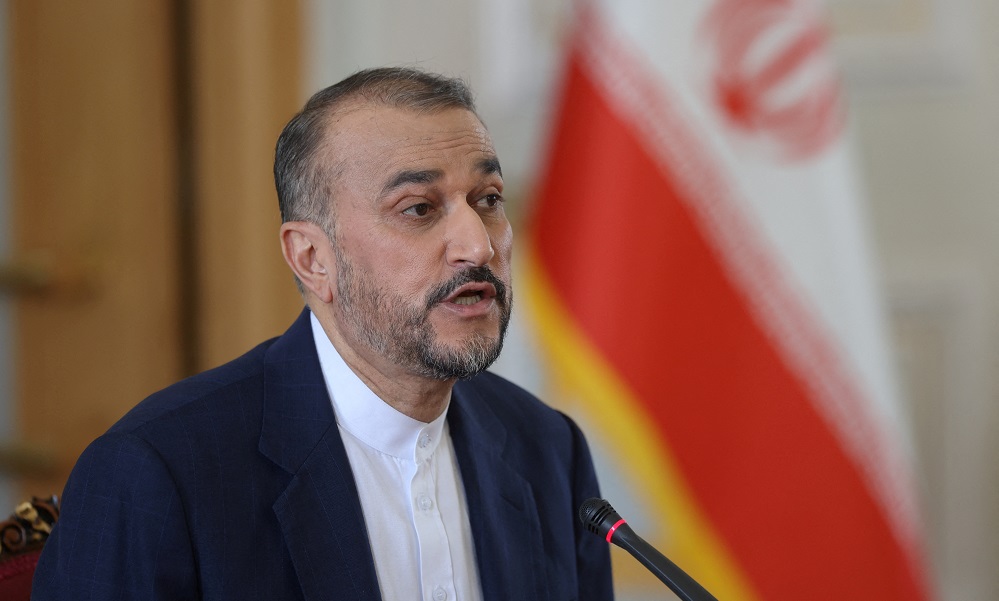
Iran’s foreign minister on Friday said Tehran was investigating an overnight attack on Iran, adding that so far a link to Israel had not been proven as he downplayed the strike.
Iranian Foreign Minister Hossein Amirabdollahian told NBC News the drones took off from inside Iran and flew for a few hundred meters before being downed, Reuters reported.
“They’re … more like toys that our children play with, not drones,” Amirabdollahian said.
“It has not been proved to us that there is a connection between these and Israel,” he said, adding that Iran was investigating the matter but that media reports were not accurate, according to Tehran’s information.
Iranian media and officials described a small number of explosions, which they said resulted from air defenses hitting three drones over Isfahan in central Iran in the early hours of Friday. They referred to the incident as an attack by “infiltrators”, rather than by Israel, obviating the need for retaliation.
Amirabdollahian warned that if Israel retaliated and acted against the interests of Iran, Tehran’s next response would be immediate and at maximum level.
“But if not, then we are done. We are concluded,” he said.
The attack appeared to target an Iranian Air Force base near the city of Isfahan, deep inside the country, but without striking any strategic sites or causing major damage.
Israel has said nothing about the incident. U.S. Secretary of State Antony Blinken said the United States had not been involved in any offensive operations, while the White House said it had no comment.
-

 Sport5 days ago
Sport5 days agoAfghanistan Champions League kicks off with grand opening ceremony
-

 Latest News4 days ago
Latest News4 days agoPakistan’s frontiers minister stresses ‘dignified’ return of Afghan refugees
-

 Business5 days ago
Business5 days agoAfghanistan’s economic prospects are bleak: World Bank
-

 Latest News5 days ago
Latest News5 days agoMore than 800 Afghan refugees deported from Pakistan in two days
-

 Regional3 days ago
Regional3 days agoIranian president lands in Pakistan for three-day visit to mend ties
-

 Climate Change4 days ago
Climate Change4 days agoMassive river flooding expected in China, threatening millions
-

 Latest News4 days ago
Latest News4 days agoChinese keen to invest in Panjshir-Kabul water conduit project
-

 World4 days ago
World4 days agoTwo Japan navy helicopters crash, one body found, 7 missing




